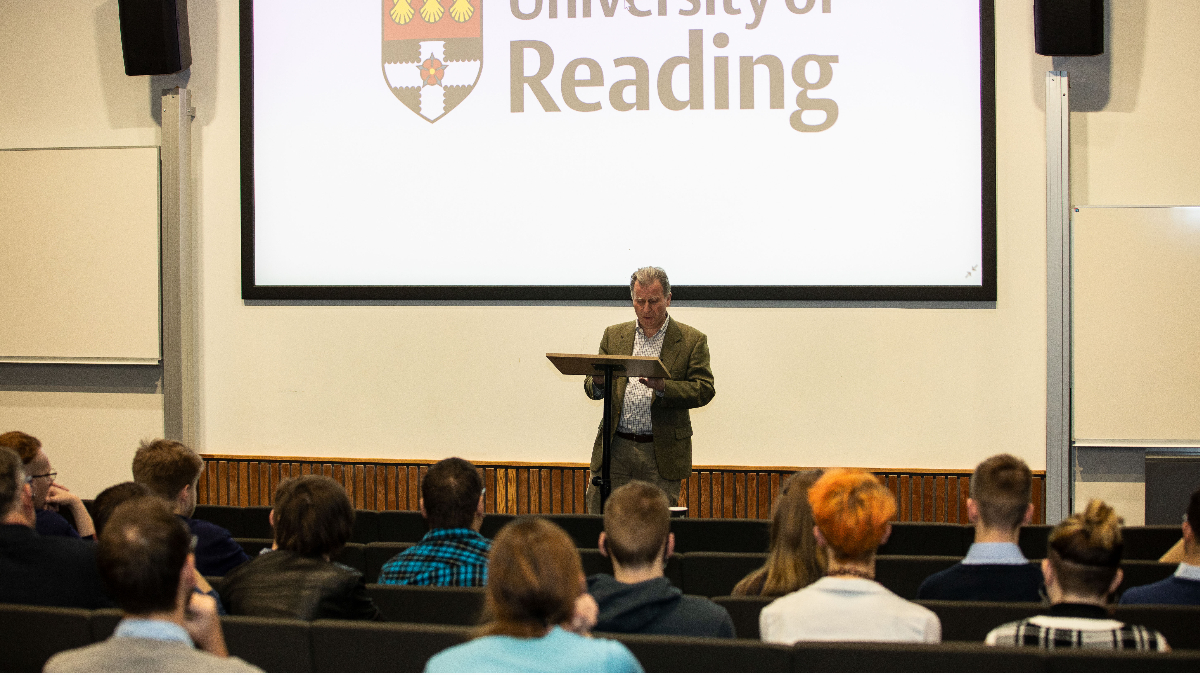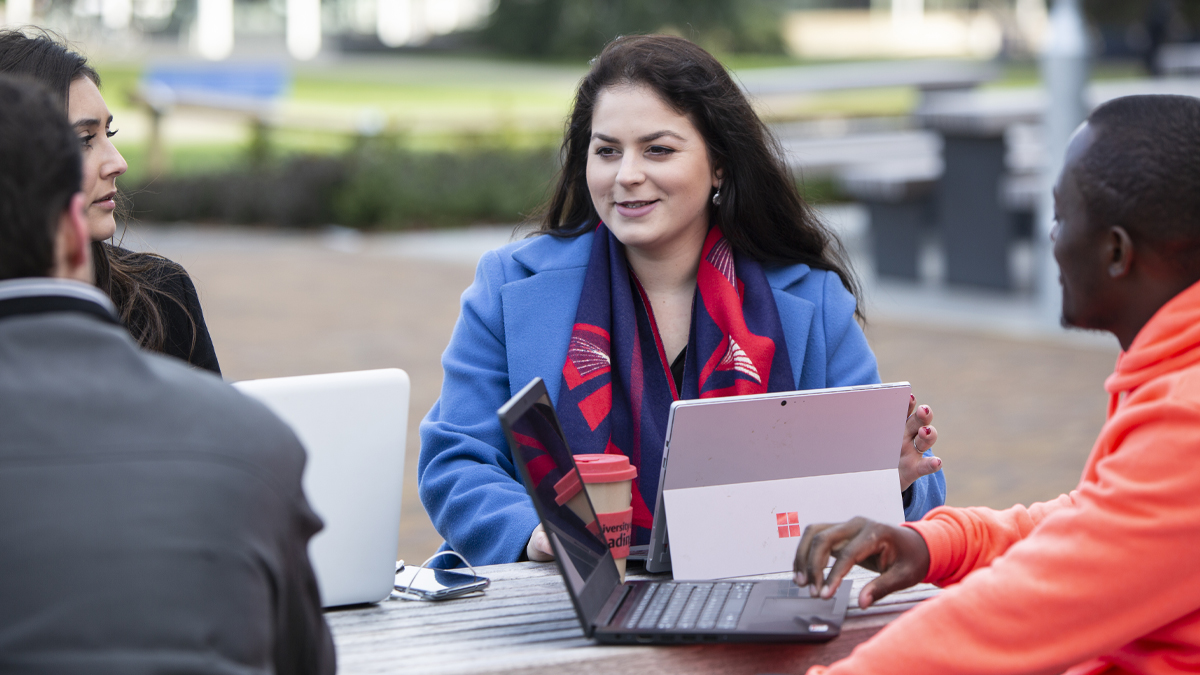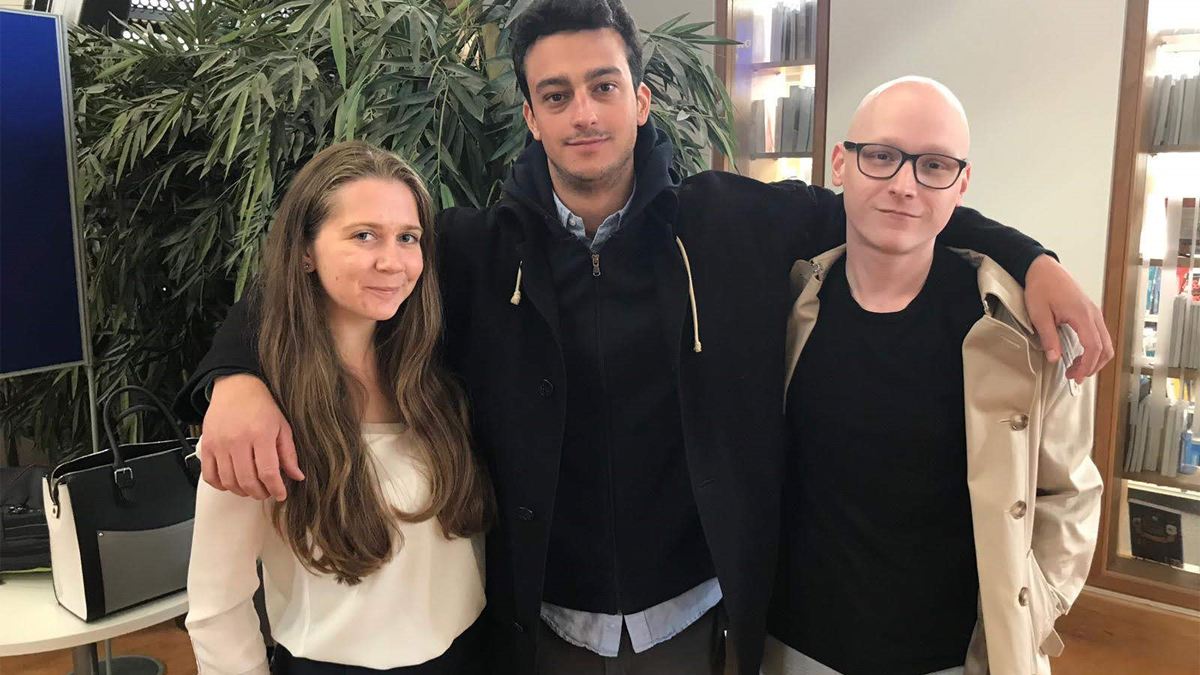Work Placement
Gain invaluable first-hand experience and independent problem solving, working within a professional environment on our Work Placement module. You will put your academic knowledge to practice and build your network, working in an external organisation focused on international relations or international security.
Capstone Project
On our MSc Public Policy course, which we run in partnership with the Department of Economics, you have the opportunity to undertake a Capstone project. This is a group research project with placement, where you'll apply academic knowledge to a real-world policy problem for an external organisation.
It's a great opportunity to work with other students to deliver a project, while enhancing your team-working, organisational and analytical skills.
Applied Research Project and Placement
As an MSc Public Policy student, you can also choose to apply your academic knowledge in a practical way with an external organisation specifically related to the general sphere of public policy on our Applied Research Project and Placement module. Based on this work experience, you’ll complete a research report which will help develop your capacity for independent, critical research in a specialised domain. You will receive formal credit towards your degree for placement learning.



